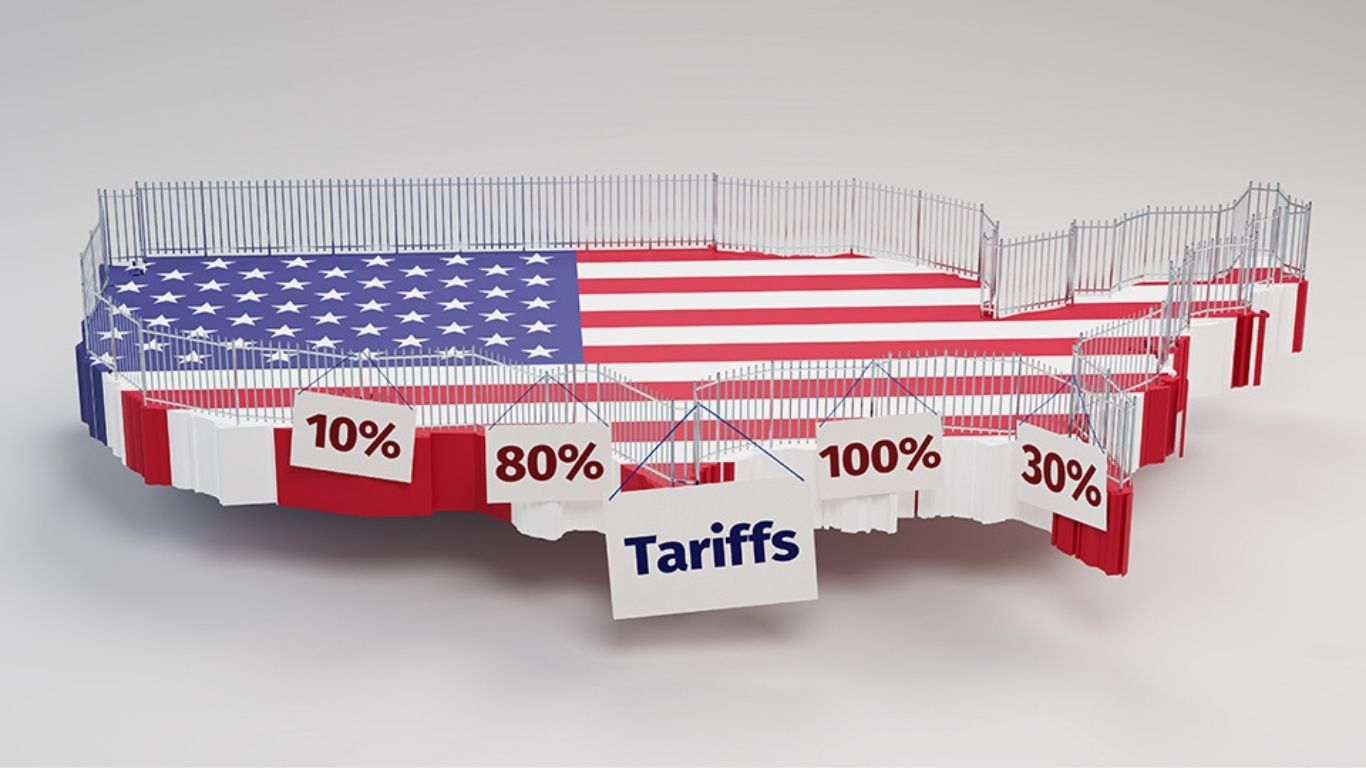President Donald Trump’s renewed crackdown on immigration marked by mass deportations and aggressive workplace raids has sent shockwaves through the American economy, igniting concerns among business leaders, economists, and immigrant advocates. Despite Trump’s claims that these policies will “restore economic greatness,” the evidence points to a far different reality: these measures risk undermining the very industries and communities that fuel U.S. growth.
Immigrants: The Backbone of Key Industries
Immigrants, both documented and undocumented, are a vital part of the American workforce. In 2023, nearly 19% of the civilian labor force about 31 million people were immigrants, with particularly high concentrations in agriculture, construction, hospitality, and manufacturing. In some sectors, such as agriculture and construction, immigrants make up over 12% of the workforce, filling roles that domestic workers are often unwilling or unable to take.
Industry leaders have warned that large-scale deportations could cripple operations. “Without farm workers, vegetables will be left in the fields, fruit will remain unpicked, and cows will go unmilked. The end result is a reduced food supply and higher grocery prices for all of America’s families,” said Zippy Duvall, president of the American Farm Bureau Federation. Similar concerns echo through hospitality, restaurants, and meat-packing, where immigrants are essential to keeping businesses running.
Economic Fallout: Billions at Stake
The economic stakes are enormous. Undocumented immigrants alone paid nearly $90 billion in federal, state, and local taxes in 2023, and held almost $300 billion in spending power. Their removal would not only shrink the tax base but also reduce consumer demand, leading to job losses for native-born workers as well. Research shows that for every million undocumented immigrants deported, about 88,000 jobs held by U.S.-born people would also disappear.
A mass deportation plan, as proposed by Trump, could slash U.S. GDP by as much as 6.8% a loss of up to $1.7 trillion, rivaling the economic downturn of the Great Recession. The Brookings Institution estimates that immigration restrictions could reduce GDP growth by $30 billion to $110 billion in 2025 alone. These losses would ripple across the economy, deepening the housing crisis, lowering wages, and reducing overall employment.
Business Leaders Sound the Alarm
Corporate America is worried. In a recent survey, 75% of executives listed immigration policies among their top concerns, with 58% expecting significant staffing challenges due to enforcement actions. Companies in manufacturing, hospitality, and agriculture are particularly vulnerable, as they struggle to find domestic workers to replace immigrants.
Beyond Economics: Social and Human Costs
The Trump administration’s approach has not only targeted undocumented laborers but also threatened higher education and high-skilled industries. Policies to limit student visas and travel bans from predominantly Black, Arab, and Latin American countries have disrupted universities and tech sectors, risking the loss of top global talent. American universities, already reeling from declining international enrollment, face further setbacks as research and innovation suffer.
Meanwhile, aggressive ICE raids have sparked nationwide protests and unrest, with reports of family separations, mistreatment in detention centers, and a climate of fear spreading through immigrant communities. Critics argue that these policies are less about targeting criminals and more about instilling fear among vulnerable populations.
The Bottom Line: Immigration Drives Growth, Not Decline
Despite claims that immigrants “steal jobs,” the data shows the opposite: immigrants are essential to economic growth, entrepreneurship, and innovation. They fill critical gaps in the labor market, start businesses at higher rates than native-born Americans, and contribute disproportionately to tax revenues and productivity.
As the U.S. faces an aging workforce and persistent labor shortages, slashing the immigrant population would be a self-inflicted wound one that could haunt the economy for years to come. Trump’s aggressive immigration agenda, far from protecting American prosperity, threatens to undermine the very foundation of the economy he claims to champion.




